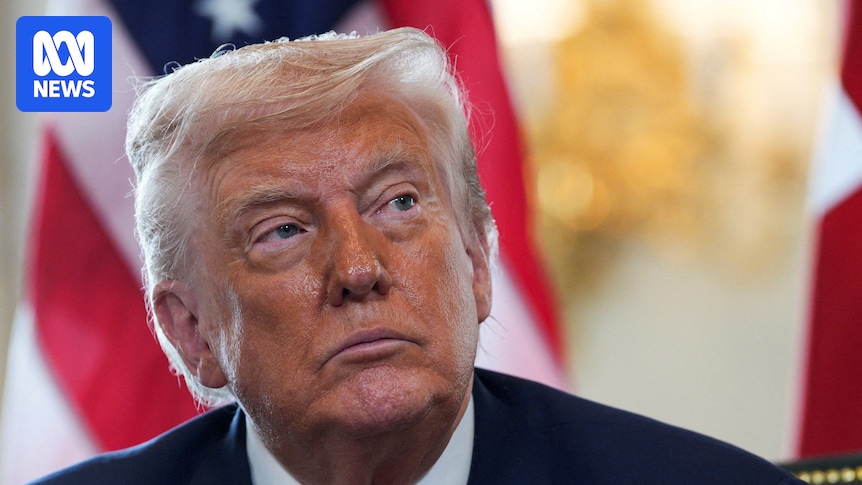Donald Trump says the minimum tariff imposed on the US’s trading partners, including Australia, could soon double.
Speaking at a press conference in Scotland, the US president said he was planning a new tariff “for the world”.
Asked how high it would be, he said: “I would say it’ll be somewhere in the 15 to 20 per cent range.”
“I just want to be nice,” he said. “Probably one of those two numbers.”
Most of the US’s trading partners, including Australia, are currently subject to America’s 10 per cent “baseline” tariff.
Mr Trump announced higher “reciprocal” tariffs for many countries in April. However, they are not in effect because Mr Trump paused them to allow time to negotiate new trade deals.
Australia was not hit with a higher “reciprocal” tariff. But Mr Trump’s comments in Scotland suggest Australian exports could be hit with the new, higher world tariff.
Why European leaders are unhappy with the US-EU trade deal
“We’re going to be setting a tariff for, essentially, the rest of the world,” he said. “That’s what they’re going to pay if they want to do business in the United States, because you can’t sit down and make 200 deals.”
The ABC has requested further detail from the Trump administration but has not yet received a response.
Before Mr Trump announced his sweeping tariff plans on “Liberation Day” in April, Australia had been trying to negotiate an exemption from tariffs.
Prime Minister Anthony Albanese has said the Australia-US free trade agreement, and Australia’s longstanding trade deficit with the US, means there should be no tariff on Australian imports.
But the US has taken issue with what it calls “non-tariff barriers” to trade with Australia.
They include requirements for social media platforms to pay Australian media outlets for news content, and the Pharmaceutical Benefits Scheme that requires drug-makers to negotiate prices with the government rather than individual buyers.
In his April tariffs announcement, Mr Trump also criticised biosecurity controls that blocked the sale of American beef to Australia. Last week, the Australian government said it was lifting those restrictions.
